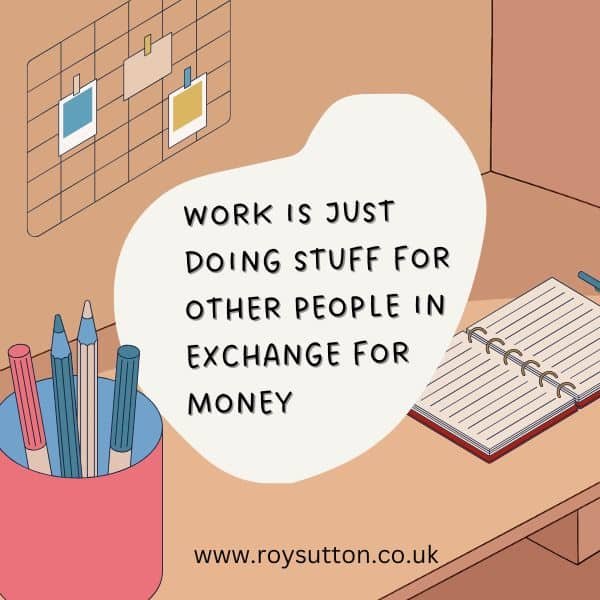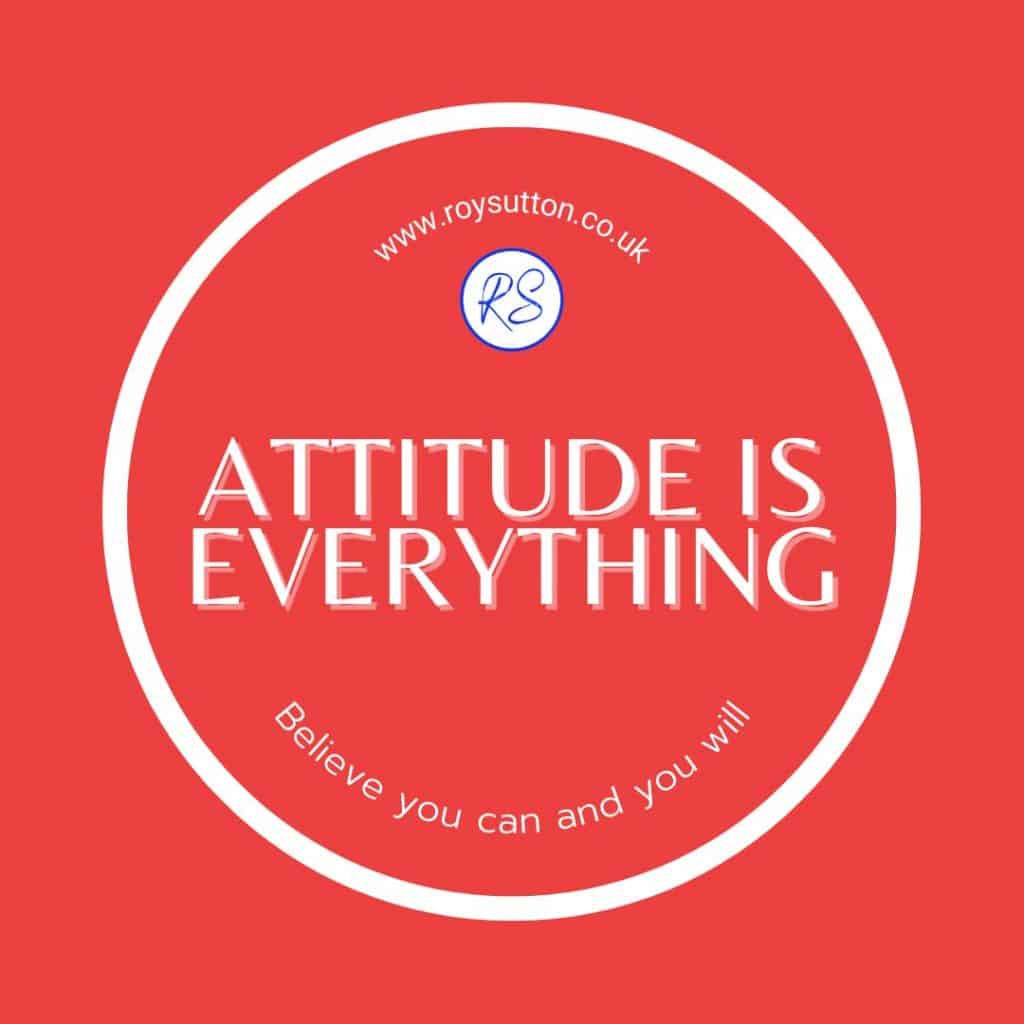
Let’s explore some inspirational quotes about marriage.
Marriage can be a thorny subject for some and a source of great pleasure for others. If a successful marriage is your aim, then you’ll need to master the art of compromise, as well as choose a life partner for whom you have the greatest respect and whose company you enjoy.
Friendship is at the heart of any successful marriage, and friendship is a relationship of equals.
That means the power dynamic in your relationship must be balanced. Both parties must feel that their needs are being met.
You’re a team, and as with all teams, each of you has a role to play. One person cannot be expected to bear the burden of doing everything while the other person does nothing. That’s not fair, nor is it sustainable.
A successful marriage can be your greatest investment. Choose your partner wisely, and a successful relationship can be yours. Whereas, failing to choose carefully could prove to be painful for all concerned.
So today, I offer you seven inspirational quotes about marriage to help you reflect on what is one of life’s great institutions.
Remember this: choose well and nurture your relationship, and it can last a lifetime.
Find the right partner, and you’ll appreciate their presence in your life with each passing year and much more so as you get older.

Inspirational quotes about marriage:
- By all means, marry. If you get a good wife, you’ll become happy; if you get a bad one, you’ll become a philosopher. ~Socrates
- Happy is the man who finds a true friend, and far happier is he who finds that true friend in his wife. ~Franz Schubert
- It is not a lack of love but a lack of friendship that makes unhappy marriages. ~Friedrich Nietzsche
- My most brilliant achievement was my ability to be able to persuade my wife to marry me. ~Winston Churchill
- Don’t marry the person you think you can live with; marry only the individual you think you can’t live without. ~James Dobson
- The secret of a happy marriage is finding the right person. You know they’re right if you love to be with them all the time. ~Julia Child
- Every good relationship, especially marriage, is based on respect. If it’s not based on respect, nothing that appears to be goodwill lasts very long. ~Amy Grant
Poem about marriage:
If you like poetry, this poem about marriage might appeal to you. It certainly conveys my philosophy about marriage and finding a life partner.

Please share these quotes with your friends:
If you found these quotes inspiring and interesting, please share this post on social media with your friends.
When you share, everyone wins.
Please share this post now. If you do, I’ll be ever so grateful, and you’ll be helping a keen blogger reach a wider audience.
I appreciate your support. Thank you, dear reader.

Other articles that might appeal to you:
- 101 inspirational world proverbs to help you reflect on life
- 101 inspirational proverbs from around the world
- 55 African proverbs reflecting the wisdom of the ancients
- 28 Quotes by Eleanor Roosevelt certain to inspire you
- 21 quotes about success that will make you think
- 21 thought-provoking quotes that will inspire you
- 15 Quotes by Marilyn Monroe to inspire you
- 15 Quotes by Albert Einstein to inspire you
- 21 thought-provoking quotes about losing a loved one
- 21 Quotes by Nikola Tesla that’ll make you think
- 15 funny work quotes that will certainly resonate with you
- 21 funny quotes you’ll absolutely love
- 31 funny puns that are very cheesy but very amusing
- 3 funny jokes to tell your friends and make them smile
- 31 great quotes from Larry David in Curb Your Enthusiasm
- 21 Del Boy quotes fans of Only Fools and Horses will love
- 50 Funny footballer quotes for soccer fans everywhere
© Mann Island Media Limited 2026. All rights reserved.





























